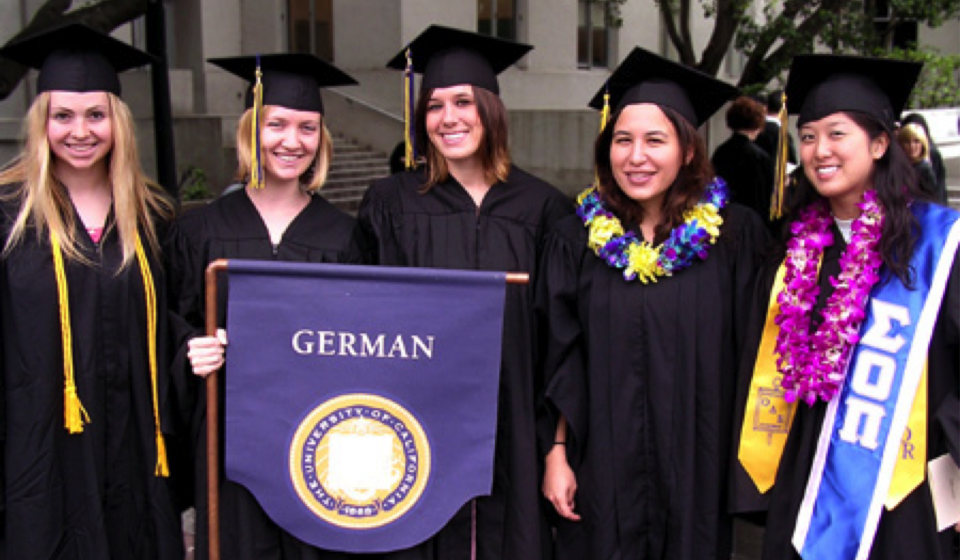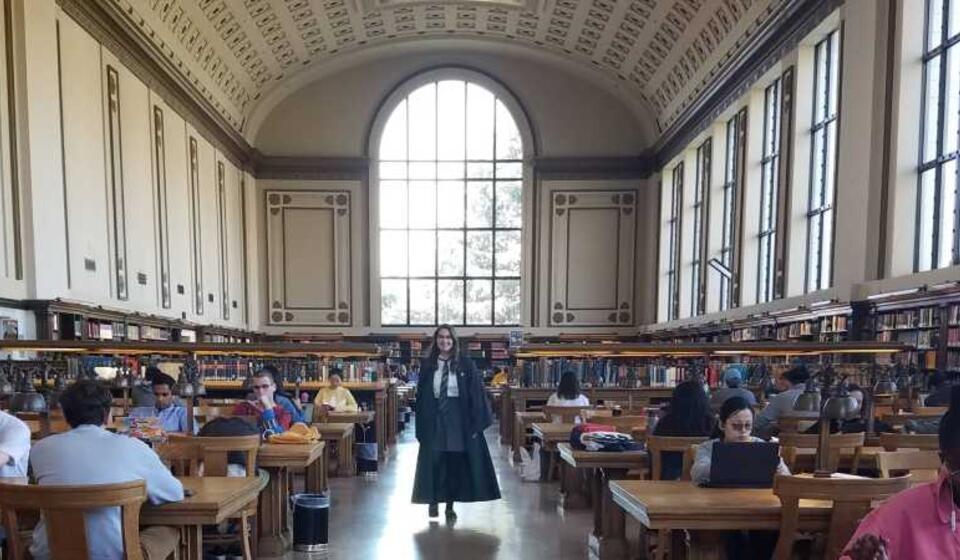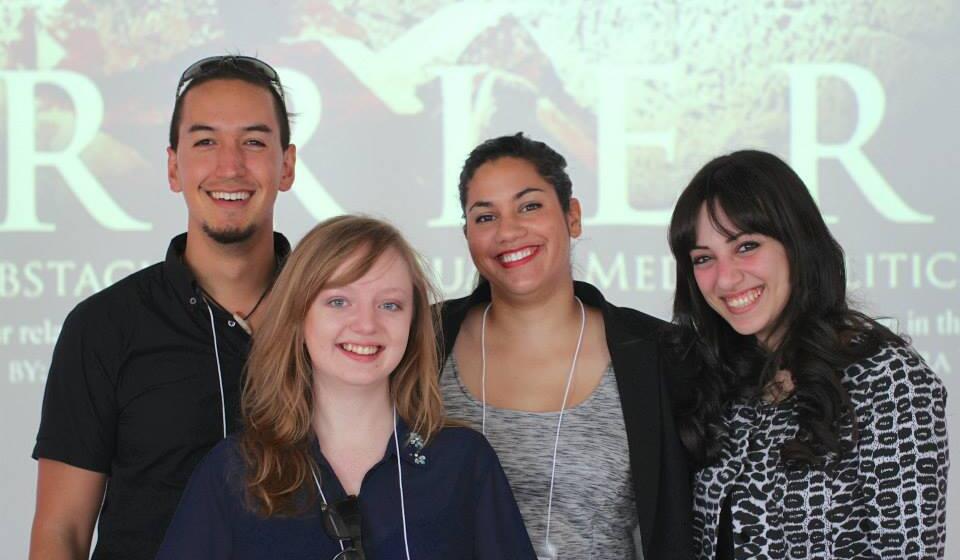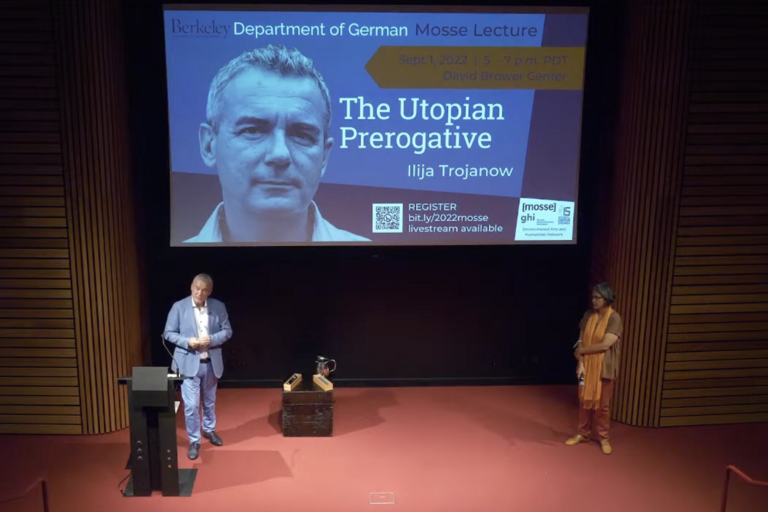We offer a broad range of research seminars that reflect the interests of our diverse faculty and recent developments in the field. The topics of our courses range from Medieval literature to 21st-century literature; from the literature of migration to studies in media and film; covering also relations among literature, law, philosophy, and religion.
Our curriculum offers a great range of flexibility. We are committed to working closely with our students to help them design the course of study that is most appropriate to their interests. Students can also qualify for one of many Designated Emphasis programs.
In addition, we encourage our students to spend at least a year at a university in German-speaking Europe. Our department maintains an extensive network of international collaboration with the most innovative departments in the field at universities in German-speaking countries, notably with the Humboldt Universität and the Freie Universität in Berlin, Ludwig-Maximilians-Universität München, Universität Zürich, Universität Wien, and Universität Konstanz. We regularly host doctoral and postdoctoral students, as well as visiting faculty from these institutions, and they actively participate in our research seminars and colloquia.
Thus students develop their own networks with German colleagues early on during their careers. Nearly all of our students participate in exchanges with these universities and spend a year or two at host institutions in Germany, and most of them do so with the support of outside fellowships. Our students have been highly successful at securing such funding.
Starting in the second or third year, our graduate students teach lower-division German language courses. They can also apply to teach courses in Reading and Composition (offered in English on German-related topics). Our students are well prepared for teaching thanks to our language pedagogy program.
As part of their training, students are encouraged to participate in conferences and other professional activities, both on and off campus. The department offers several working groups, and students plan and put together the department’s annual interdisciplinary German Studies Conference. Based on their training in the department and their experience within our extensive international networks, our graduate students enter their careers with outstanding skills and a range of professional contacts in the US and in Germany. An excellent record of external grants and of job placement testifies to our students’ success.








